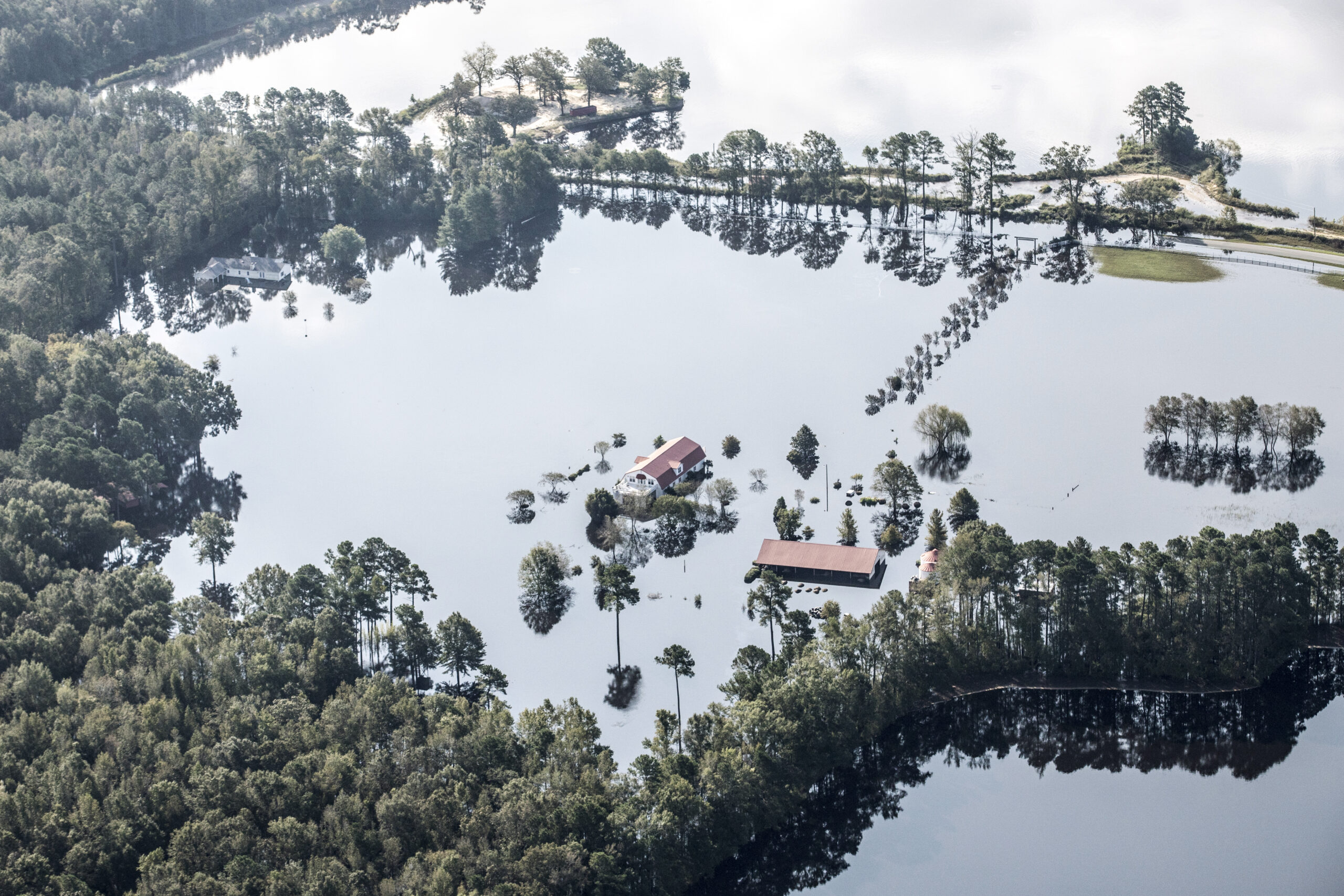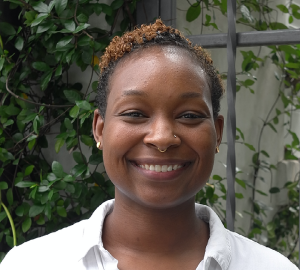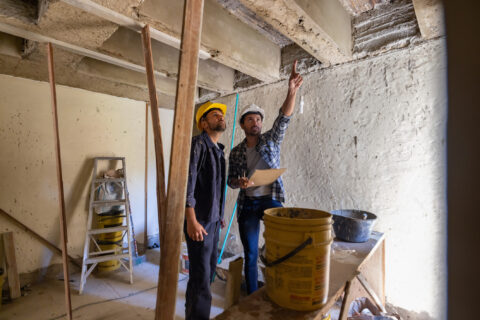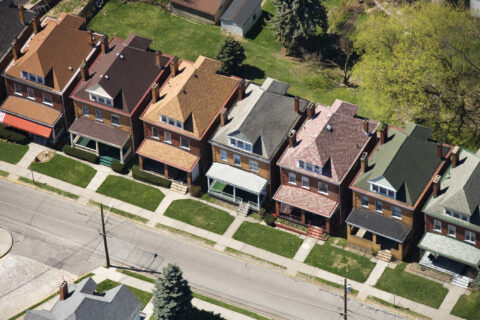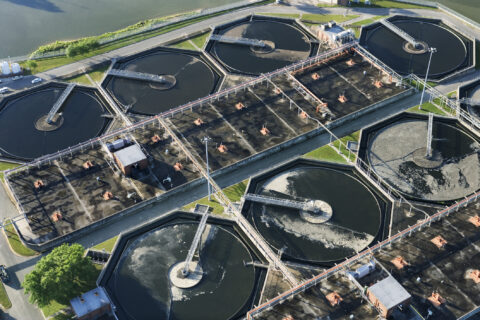The 2020 hurricane season brought a record-breaking 12 storms to the US, 9 of which struck the Gulf Coast. Louisiana alone endured 5 landfalls, including Hurricanes Laura and Delta which hit Southwest Louisiana less than 2 months apart. Both storms caused significant damage to Lake Charles and Cameron Parish and great destruction to nearby communities. Laura, a category 4 hurricane, brought 150 mph winds (the strongest winds recorded since 1856) killing 27 people and causing widespread damage to homes and businesses. Hurricane Delta only added insult to injury, taking 4 more lives and compounding devastation in communities already reeling from loss of life, property damage, and displacement.
The 2020 hurricane season was a clear indicator: extreme weather in the Gulf South is intensifying, and communities must adapt to these new and worsening conditions.
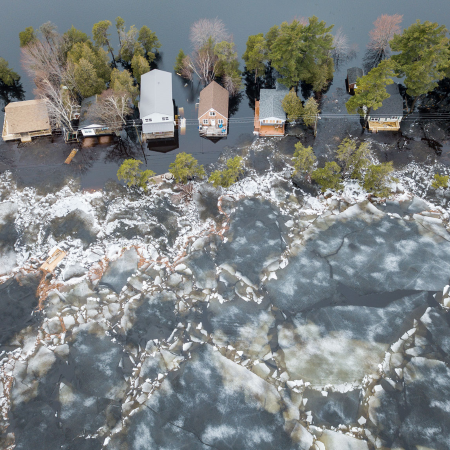
The Gulf South region – and the nation – must take proactive, local-level action to reduce vulnerability and risk in the face of a changing climate. Yet, climate adaptation planning and action are not simple, one-off endeavors. They are complicated processes that require communities to invest now to ensure future protection from climate-related events like storms and floods. This creates grave challenges for small and medium-sized communities with limited resources or expertise. These climate adaptation challenges are further compounded for communities hit hard by the Covid-19 pandemic or caught in the cycle of recovering from one storm just as another strikes.
FloodWise Communities, a National Academy of Sciences Gulf Research Program project, is designed specifically to support communities interested in beginning or enhancing existing climate adaptation, hazard mitigation, or stormwater management plans with a fundamental step: the vulnerability assessment. Successful resilience planning for towns and cities must be informed by a vulnerability assessment that evaluates the exposure, sensitivity, and ability of the city’s residents, infrastructure, and public services to adapt to future climate conditions.
These assessments can cost tens of thousands of dollars — much of which is spent on staff time and gathering local data. However, beginning in Spring 2021, the FloodWise team will partner with small and medium-sized communities in Alabama, Florida, Louisiana, Mississippi, and Texas that are within 100 miles of the Gulf Coast to complete a customized stormwater vulnerability assessment at no cost.
Through the FloodWise Communities program, eligible local governments will receive a full assessment of their stormwater system’s relative vulnerability to extreme weather events, and its impact on residents. Recognizing that not all residents are impacted equally, communities will use Neighborhoods at Risk and other tools to incorporate localized socioeconomic data and social vulnerability into their assessments. The program supports local stormwater management, planning processes, and grant and project development, with each participating community receiving the best-available downscaled weather, climate, and socioeconomic data. Participants can incorporate their own additional data or request additional data analyses from the team’s climatologists. Bottom line: FloodWise Communities was thoughtfully designed by cities and is intended to save time, energy, and financial costs for local governments that want to kick start or enhance their climate resilience efforts.
What’s the catch? The only cost to communities is their time, and participating communities will contribute to a larger body of research evaluating how technology can be used to facilitate collaboration among community practitioners, researchers, and scientists to increase access to local-level vulnerability assessments and adaptation planning. After completing their stormwater vulnerability assessment, communities will continue to receive guidance from FloodWise adaptation professionals on local adaptation plans, projects and programs.
More info:
FloodWise Communities is a multi-year study and partnership of NOAA’s Great Lakes Integrated Sciences and Assessments (GLISA) and southern climate impacts planning program (SCIPP), Adaptation International, Headwaters Economics and Stanford University. Participation in this Gulf-specific stormwater vulnerability assessment project is currently limited to just 60 communities. The project and its team of researchers, scientists, and adaptation professionals have been endorsed by the National League of Cities, National Association of Counties, and Texas SeaGrant.
Applications will be accepted on a rolling basis until March 31st, 2021. Click here to apply.
Learn more
For more information, contact the project team at projectteam@floodwisecommunities.org or attend a live webinar on March 25th at 11 am CT.
